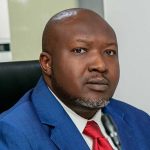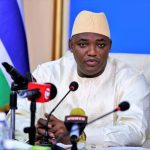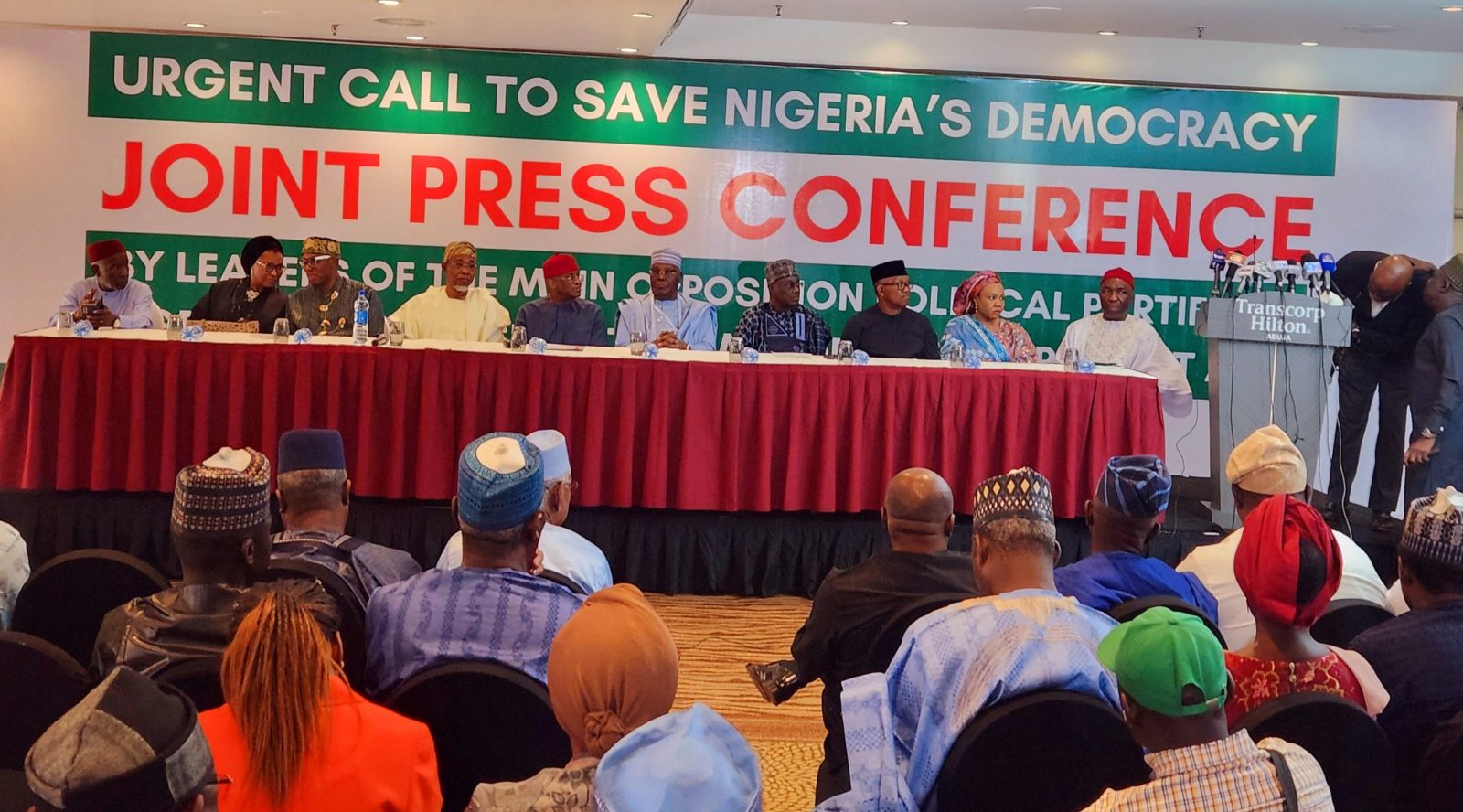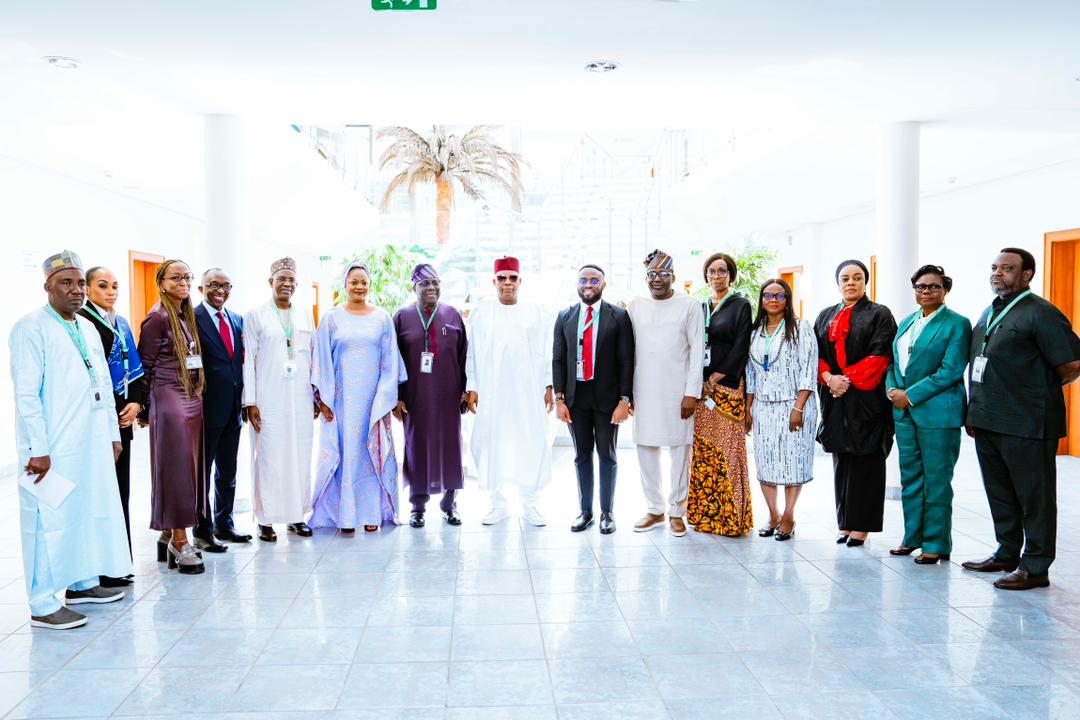Nigeria’s National Agency for the Control of AIDS (NACA), Director General, Dr. Temitope Ilori, announced that at least 1.6 million of the two million people living with HIV in Nigeria are currently receiving treatment.
The disclosure was made at a news conference in Abuja, ahead of the 2024 World AIDS Day, which aims to sustain HIV response, stop HIV among children, and end AIDS in Nigeria by 2030.
December 1st marks the global observance of World AIDS Day, aimed at raising awareness about HIV and AIDS while honouring the lives impacted by the epidemic.
This year’s commemoration, according to Ilori, will focus on stopping AIDS among children and promoting awareness on sustaining and owning the HIV response.
She said, “Nigeria has an HIV prevalence rate of 1.4 percent among the general population aged 15–64 years, with an estimated two million people living with HIV. About 1.6 million of them are currently on treatment.
“The country continues to face significant challenges in preventing mother-to-child transmission of HIV.”
According to the Joint United Nations Programme on HIV/AIDS (UNAIDS) 2023 report, Nigeria has approximately 160,000 children aged 0-14 living with HIV, with 22,000 new infections and 15,000 AIDS-related deaths occurring annually.
Despite some progress, the country’s prevention of mother-to-child transmission and paediatric HIV coverage remain low, at below 33%, far from the 95% target.
To address this, NACA joined an international initiative in 2021 and developed the Global Alliance Action Plan to End AIDS in Children.
She added: “The plan is fully resourced, yet coverage continues to fall short. To address this, the Minister of Health and Social Welfare, Prof Muhammad Pate, recently established a national-level acceleration committee to track implementation.
“I have paid advocacy visits and inaugurated state committees in three states, engaging directly with governors to support the launch and resourcing of similar committees at the state level, ensuring that no child is born HIV positive in Nigeria.”
Ilori further explained that NACA had been working with stakeholders in co-creating a sustainability roadmap to ensure the continuity of the HIV response in the event of donor support withdrawal.
She said: “This roadmap, among other things, will ensure that Nigeria’s health system remains secure, both in terms of HIV and associated diseases.
“On this World AIDS Day, I call on all Nigerians to join hands with NACA to break the stigma, embrace equity, drive collective action, and stop HIV among our children.
“We must empower every individual, especially women who are most vulnerable to contracting HIV and other vulnerable populations, to access life-saving services and live with dignity.
“Together, let us recommit to the vision of an AIDS-free Nigeria by 2030. Ending AIDS is not just a target; it is a testament to our resolve, compassion, and unity as a nation.”
Leo Zekeng, UNAIDS Country Director, stressed that Nigeria’s efforts to end AIDS by 2030 require sustainable solutions and renewed political commitment.
Zekeng said: “Sustainability means renewed political commitment and more domestic resources. I know the DG is working closely with the Minister of Finance and the Coordinating Minister of Health to allocate more resources from the government and the private sector to the AIDS response.”
Persecondnews recalls that in November 2022, the Senate set up a three-man ad hoc committee to look into the budgeting process of NACA.
This was a sequel to the presentation of the agency’s 2021-2022 budget performance by the Director General, Gambo Aliyu, before the Senate Committee on Primary Health Care and Communicable Diseases.
The chairman of the committee, Senator Ishaku Abbo, expressed concern in the uncoordinated way the budget proposals for the agency were prepared.
According to Abbo, putting recurrent items under the capital budget was an anomaly.
“The fact that things have gone wrong for 100 years doesn’t make it right. We must change how things are done. How can a board meeting be captured as a capital project? This is not just a discrepancy; it is a misnomer. We have to correct this misnomer.
“The committee will look at it and expunge it. Your capital doesn’t sound capital enough. We understand the importance of your agency,” Abbo said.






















Leave a comment